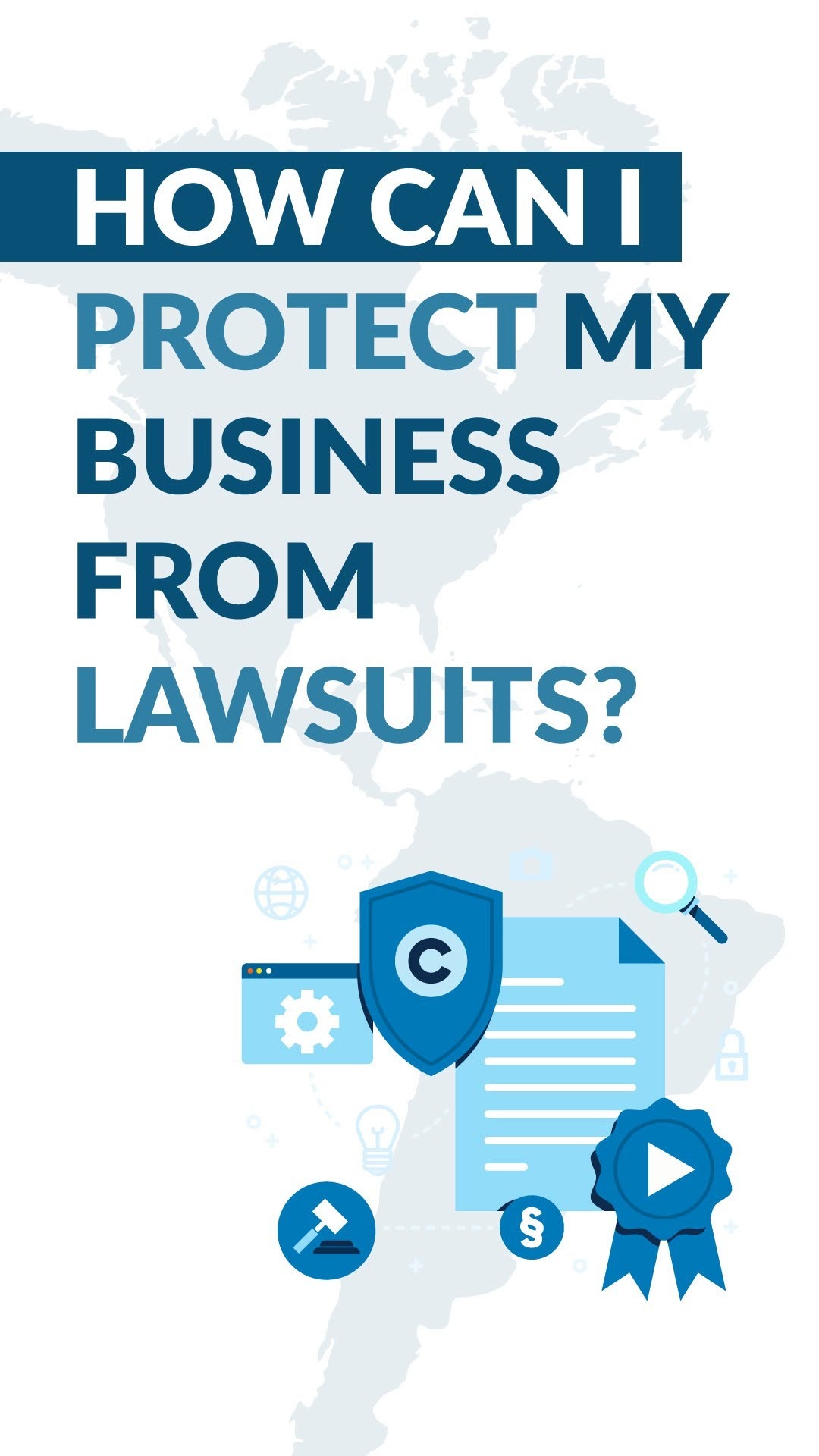

Since 2010, the Global Law Experts annual awards have been celebrating excellence, innovation and performance across the legal communities from around the world.
posted 3 months ago
Very few employees in Singapore are members of a trade union or have the benefit of a collective-bargaining agreement – those that are, are typically (but not exclusively) blue-collar workers.
Singapore’s employment law is not quite ‘at will’. But either the employer or the employee may terminate the employment agreement (or make a payment of salary in lieu 0f notice) without giving a reason for the termination. Under the Employment Act, the notice period ranges from one day, if the individual has been employed for less than 26 weeks, up to four weeks if the individual has been employed for five years or more.
In practice, the period of notice is specified in the employment agreement and is typically longer than the statutory minimum: often one month’s notice for junior employees, two to three months for mid-level employees and three to six months for senior executives. (Singapore’s employment law allows for, but does not mandate, a probation period. The notice period for termination of employment during the probation period is typically quite short – say, one week.)
Employment may also be terminated by the employer if the employee engages in various types of misconduct, as specified in their employment agreement. While investigation of any alleged or perceived misconduct may be carried out as a matter of best practice, it is not generally required.
Singapore employment law is supplemented by tripartite guidelines – the tripartite partners being the Ministry of Manpower, the National Trades Union Congress and the Singapore National Employers’ Federation. The tripartite guidelines do not have the force of law, although they are typically followed voluntarily.
There is a tripartite guideline that, in effect, prohibits various forms of discrimination in employment – for example, discrimination on the basis of ethnicity. Some parts of that guideline have been recently incorporated into the Employment Act, making them legally enforceable.
The government recently required employers to consider whether they can offer flexible work arrangements with the stated objective of retaining employees with, for example, care-giving obligations in the paid workforce.
Non-compete and other restrictive clauses are frequently included in employment agreements in Singapore. The government announced quite a few months ago that it intended to legislate regarding non-compete obligations, at least for senior employees. But to date, proposed legislation has not been publicised.
Compliance with Singapore employment laws is required by foreign businesses that set up business in Singapore.
In practice, I observe that some foreign businesses relish the flexibility of Singapore’s employment laws compared with their home jurisdiction. Others prefer to ‘over comply’ with Singapore’s employment laws for the sake of uniformity in their international operations – that is, they prefer to use the same employment agreement in Singapore as in their home jurisdiction.
Author


No results available
posted 15 hours ago
posted 21 hours ago
posted 2 days ago
posted 3 days ago
posted 3 days ago
No results available
Find the right Legal Expert for your business
Global Law Experts is dedicated to providing exceptional legal services to clients around the world. With a vast network of highly skilled and experienced lawyers, we are committed to delivering innovative and tailored solutions to meet the diverse needs of our clients in various jurisdictions.

When your international business faces financial distress, quick action is key! 🔑 Negotiating with creditors, restructuring debt, and understanding insolvency laws can help regain stability. Global Law Experts is here to guide you through your options.
🌍Explore the details on our website.
🔗Link in bio
#GlobalLawExperts #CommercialLaw #BusinessLaw #LegalAdvice #BusinessGrowth #LegalTips #BusinessStrategy #LegalCompliance #Law #LegalKnowledge #LegalAwareness #Law101 #LegalEducation #IntellectualProperty

Running a business is hard enough — lawsuits shouldn’t make it harder. 🚫 Protect your business with the right legal strategies and expert tools from Global Law Experts. Let’s secure your future together! 💼
🌍Explore the details on our website.
➡️www.globallawexperts.com
#GlobalLawExperts #CommercialLaw #BusinessLaw #LegalAdvice #BusinessGrowth #LegalTips #BusinessStrategy #LegalCompliance #Law #LegalKnowledge #LegalAwareness #Law101 #LegalEducation #IntellectualProperty #Infringed #Ecommerce #LegalBranding

Using NRIC numbers as passwords or identity proof? That era is done. Strengthen your security with multi-factor authentication and biometrics—because your clients' trust depends on it.
#SingaporeLaw #DataPrivacy #CyberSecurity #PDPA #NRIC #MFA #StrongAuthentication #LegalCompliance #ClientTrust

Swiss law protects secured lenders—with precision. From real estate to IP and bank accounts, every asset counts—just as long as it’s defined, documented, and delivered.
#SwissLaw #SecurityInterest #Collateral #InternationalLending #SwissFinance #LegalCompliance #GlobalBusiness #AssetSecurity

Gold trading in Saudi Arabia isn’t just a business—it’s a lab test, a permit, and a legal tightrope. Want to succeed? Start with compliance, hallmarking, and permits—or risk losing it all.
#GoldTrading #SaudiLaw #PreciousMetals #BusinessSetup #LegalCompliance #GlobalBusiness #SaudiArabia #TradeRigour

Second citizenship isn’t permanent—especially if you break the rules. Know the risks and how to safeguard your status: be transparent, stay lawful, and honour all citizenship requirements.
#SecondCitizenship #CitizenshipRisks #DualNationality #Compliance #GlobalMobility #LegalAdvice #ImmigrationLaw

Send welcome message